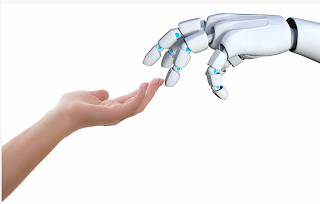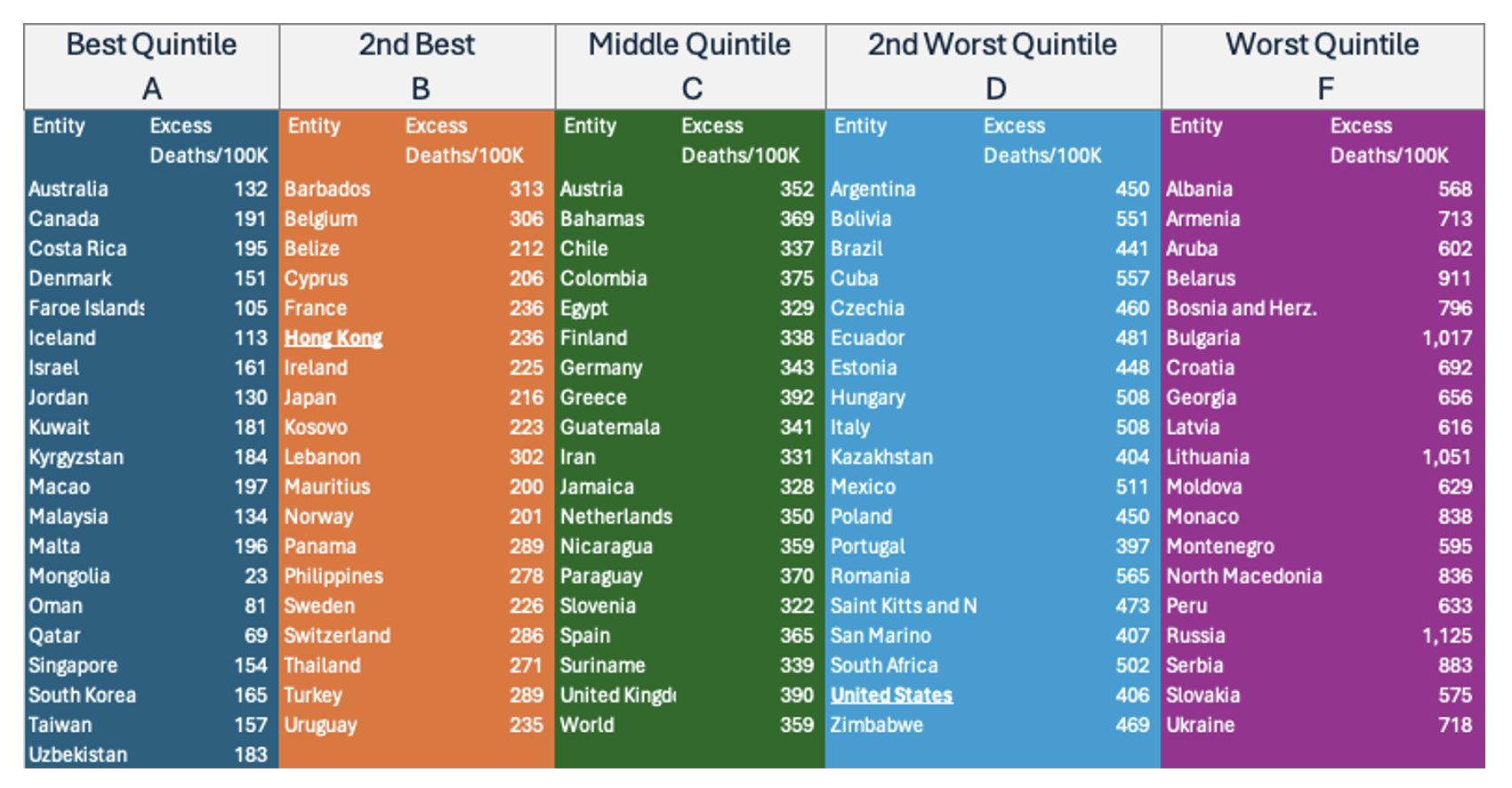Healing with Meaning
Y speaks, “You ate too much last night and your toilet tells me that your stomachache is most likely because of a new enterovirus that is flowering in the sewage a few streets east of here….Oh and by the way, you really should try to lose ten pounds….and call your mother.”
A drone lands on your balcony 5 minutes later with Alta Seltzer and two plops and a fizz later you can start your healing journey.
The dystopian mobile clinic of the future resembles many medical practices of the present. It is too late to panic about the threat of cold machines someday replacing warm empathetic doctors. Medicine’s big chill has already started. Reductionists believe they have distilled the essence of healing into an algorithm: collect data, integrate data, match patterns, diagnose, treat. The factories making our future robot doctors can train them on millions of practice patient encounters far outstripping any human med school. But the training set for future robot-empathy will have little to model it on.
My UCSD medical school prof taught me the OLD CARTSS approach to taking a history. For every symptom, ask about Onset, Location, Duration, Character, Aggravating factors, Relieving factors, Severity, and most of all add “Self”. He chose to tack on non-standard that last “S”. This last bit was my professor’s reminder to always find out what the symptoms meant to the patient’s sense of self. Were the symptoms regarded as a major threat, a minor nuisance, interfering with work, leisure, family? What do the symptoms mean to the patient? The special “S” in OLD CARTSS has been dialed out of most encounters in the name of efficiency. Clinicians can make the diagnosis, prescribe a pill, make referrals, and bill insurance without a deep dive into the “Self” factor. In ER’s and urgent clinics with 5 minutes to “treat and street”, doctors see no point in building a relationship. Patients who have been brought up this way, know no better and demand nothing more than to be reduced to data quickly processed.
None of the medical students I know wanted it to be this way. In some ramparts, the whole patient approach lingers. A system that supports patient-centred primary health care pays attention to the selves of the patients, their families, and their neighborhoods, streets, schools, and workplaces. Based on continuity and long relationships, wholistic medicine sees people and can create meaning. Doctors, not robots, have lived lives in families with neighbors and streets and workplaces. The human healer’s training set of life allows them to actually know how it feels to have a stomachache in a human world of a family, a job and lingering worries about mortality. Symptoms are data, but also part of a human ecosystem with layers of interconnections for families and the business community. The ability of human healers to connect to meaning is squandered if nobody expects or asks them to. We are left with Dr. Y who says, “You are sick. Take this pill. You are welcome.”
The scarcity of empathy in clinical encounters is because it is not convenient, not efficient, and not profitable to spend time caring. Doctors and their allies have been bending expectations and demands of patients to suit profits and convenience. If patients are trained to believe that medical care equals information-processing they will accept cold impersonal encounters now. They prepare the way for cold impersonal encounters from the future machines.
The bright side is that if AI is used to augment, rather than replace human doctors then the humans can be unburdened from human doctors then there is an opening for progress. Machines excel at the routine time-sucking paperwork of documentation, referrals and gatekeeping that constitutes so much of a physician’s day. Machines’ superior data integration can and should augment diagnosis and treatment considerations. The heart and the ability to say “I see you” and to be humanly interested in how patients feel is in jeopardy if we see AI as a substitute for rather than a complementary tool for doctors.
The medical AI entrepreneurs of this world imbibe a grow or die ethos. Given a choice to augment existing human healers or take over the $9 trillion global market for human health care—the investors are lured by the latter. If patients have stopped asking healers to help them make meaning of illness they risk losing the care in health care. When we forget that disease affects our sense of self we give the advantage to a cyber world whose sole meaning is profits and losses.
It is urgent to demand to be heard as whole patients embedded in human lives. Only other people and their concern for us can co-create the meaning that makes sense of suffering. Patients must expect and settle for nothing less.
David Bishai is Clinical Professor and Director of the University of Hong Kong School of Public Health



Comments
Post a Comment